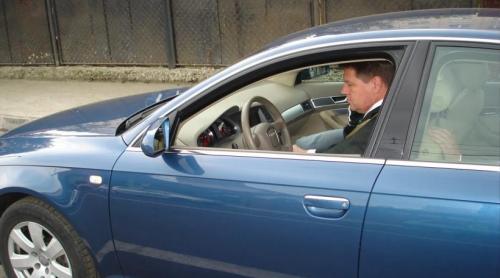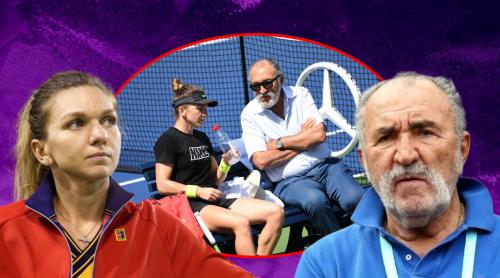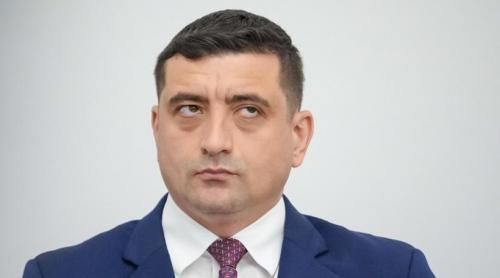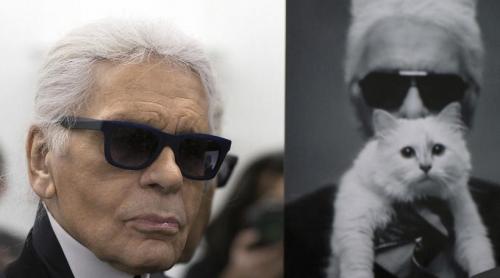
INTERVIEW - August 3 2004
A poll by IMAS (the Institute for Measurement, Analysis and Statistics) puts the NLP (the National Liberal Party) - DP (the Democratic Party) Alliance on the first place in the electorateâs preferences, while SDP (the Social Democratic Party) is on second place, 5 percentages behind.
By SILVIU SERGIU
Alin Teodorescu: For the first time since September 1999, SDP loses the first place in the polls. This is a process that the sociologists expected, but they didnât expect it to be so soon and so profound. It is generated by a certain fact that happened between December 2000 and July 2004. The Nastase Government, unlike all the previous governments from 1990 until present, has been a very good one from the communication point of view. It had perfect communication services, in the professional way. With these communication services it has dominated the mass-media. The information amount presented by the Government, Parliament, Presidency, prefectures, ministries, and national authorities to the mass-media is incomparable with anything before. There are hundreds of messages daily. This huge communication amount of the Nastase Government has been a professional progress, but it has silenced the Opposition as well. The Opposition didnât have room in the mass-media because it wasnât offering any news, and not because it has been dominated, as previously said. During the electoral campaign, the Opposition got back into the mass-media and the audience unsatisfied by the governing, and here we talk about 60% of the electorate, saw the alternative. We expected this thing to happen, but we expected it during the autumn campaign. It happened sooner.
The snowball
A.T.: 11th - 19th of July 2004.
A.T.: No. The average electorate doesnât know what happened with SDP. Such information does not get to the people so fast. One thing I am sure of is that if SDP hadnât reformed it would have definitely lost the elections, and it would have been a strong defeat. The July reform, though it hasnât shown any results yet, though it didnât get to the people yet, gives them a second chance. If this didnât exist the future wouldâve meant the Opposition for SDP. This is a quick escape from May, but it isnât unexpected and it isnât irreversible.
A.T.: SDP must be able to understand the demands of the people. In the given situation of 2+2 the people do not want charity from the Government and do not want offers from the politicians. The people want three distinct things: vision, platforms and trustful candidates. None of them, the Alliance or SDP, didnât propose by now any precise vision for the 2004-2008 period. We are entering the European Union, but we are not ready for that. We have entered NATO, but we are not operational. We have a market economy, but we still have monopole in the national economy level. We are entering the EU, but we have a payment level which we cannot even compare with Portugal, Greece or Spain at the beginning of the 80âs. We still have to put out the real payment level in 1989. So, for all these problems, we need vision. Both, the Alliance and SDP, still believe that one has to offer something to the people in order to get himself elected. In the 2+2 situation no one gets elected due to his past actions. The facts that one has done are considered to be natural. One has to accomplish the duties of his job.
A.T.: Yes.
Confusion
A.T.: The uncertainty in the SDP leading board is a reason for the electorateâs confusion. The electorate does not know the goals of SDP. This poll means that weâll have either a minority Government with a parliamentary support, either a national government. This is my way of reviewing one of my previous predictions in Jurnalul National in January, when I said weâll have a minority Government. The sociologists arenât good oracles. This is the reason for the immediate training of the electorate that has to appear. SDP will have candidates for the Parliament in each county following the preliminary elections which I hope to be a success. DUHR has applied this procedure in a partial manner. And there was also the nomination of Emil Constantinescu (former President of Romania between 1996 and 200), as the Democratic Convention of Romania (DCR) candidate for the Presidency in July 1992, which was made by a jury.
Nastase is too young for Precidency
A.T.: SDP is a party that can create leaders as a consequence of internal mechanisms. There are parties that disappear once their leader does so. SDP is an institutional organism which needs corrections, obviously, but which hangs on and produces leaders, and I hope it will produce visions also. There is a possibility that SDP will have another candidate for the Presidency. This will only be possible as a consequence of its internal mechanisms.
A.T.: He knows his goals. I suppose so. I will deviate from the subject a little. Changing the leading board of the party between the two election rounds is a decision with a maximal risk in Romania and in the investment funds a maximal risk can mean a maximal profit or losing everything. When one is at the risk limit, if he decides to enter the race and if he uses its realism he wins undoubtedly. It depends whether Mr. Nastase believes that there are still things he hasnât accomplished in the executive politics of Romania, because this is the great problem of the Romanian political system. From the moment in which one becomes president he takes the place of the king, he is above and nowhere in the real, active politics in the same time. Emil Constantinescu has been the de facto leader of DCR until 1997. After becoming president, the Convention didnât have a leader anymore. And this is one of the experiences present in the minds of many politicians. They know that if one goes to Cotroceni (becomes president), one has to do a lot of external politics, one can help a lot for the equilibrium between the stateâs authorities, but his direct involvement in the executive politics is minimal. If you ask me, I believe that Adrian Nastase is too young to retire to the Presidency. He still has things to do in the executive politics.
A.T.: That hasnât been an unpleasant experience at all. It has been a very fortunate situation. He is a person that had 50% of the publicâs credit, he is still there, approximately, didnât loose the peopleâs credit, because the inhabitants of Bucharest and the other Romanians saw he isnât made to be a mayor.
A.T.: SDP can create three new leaders for the Presidential elections, in order to have real chances to compete with Mr. Stolojan.
A.T.: No.
Translation: SORIN BALAN
Citește pe Antena3.ro

















